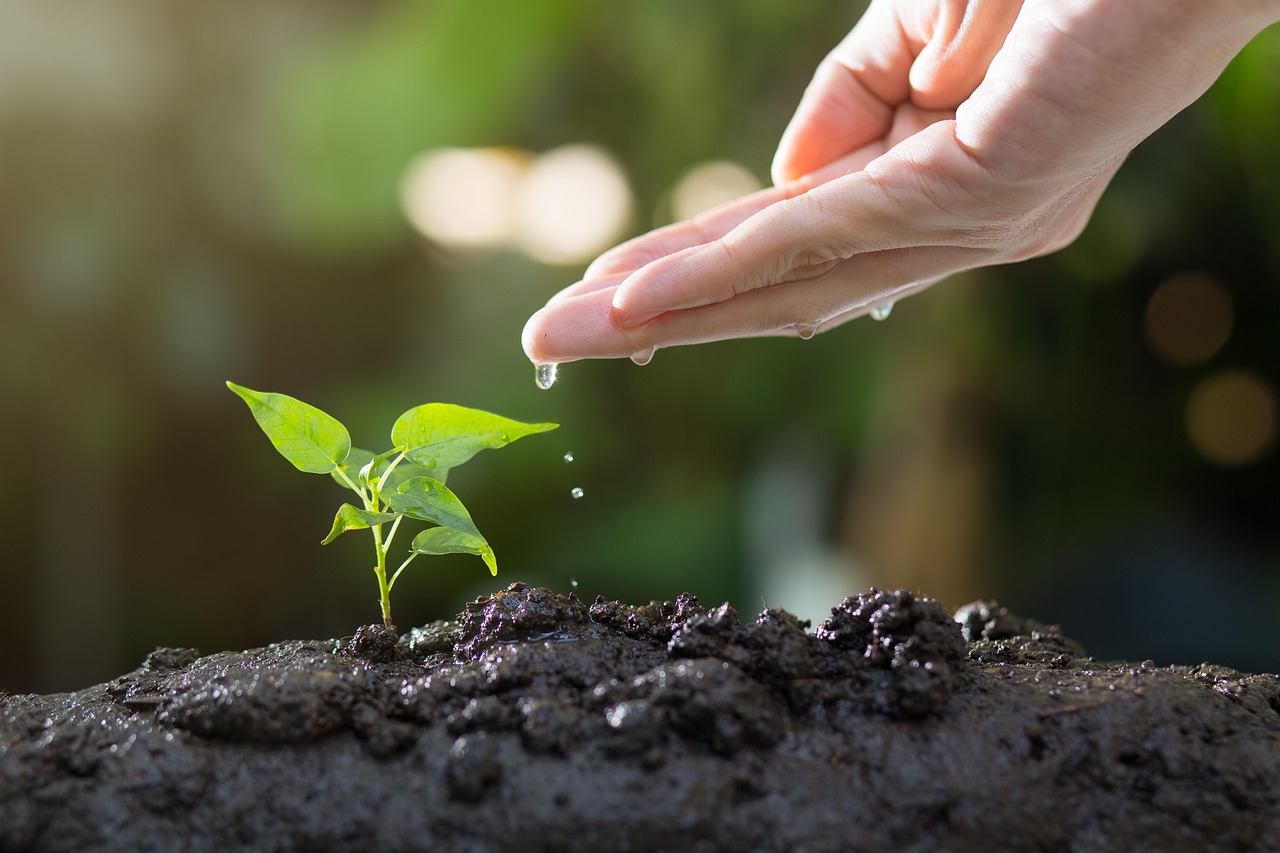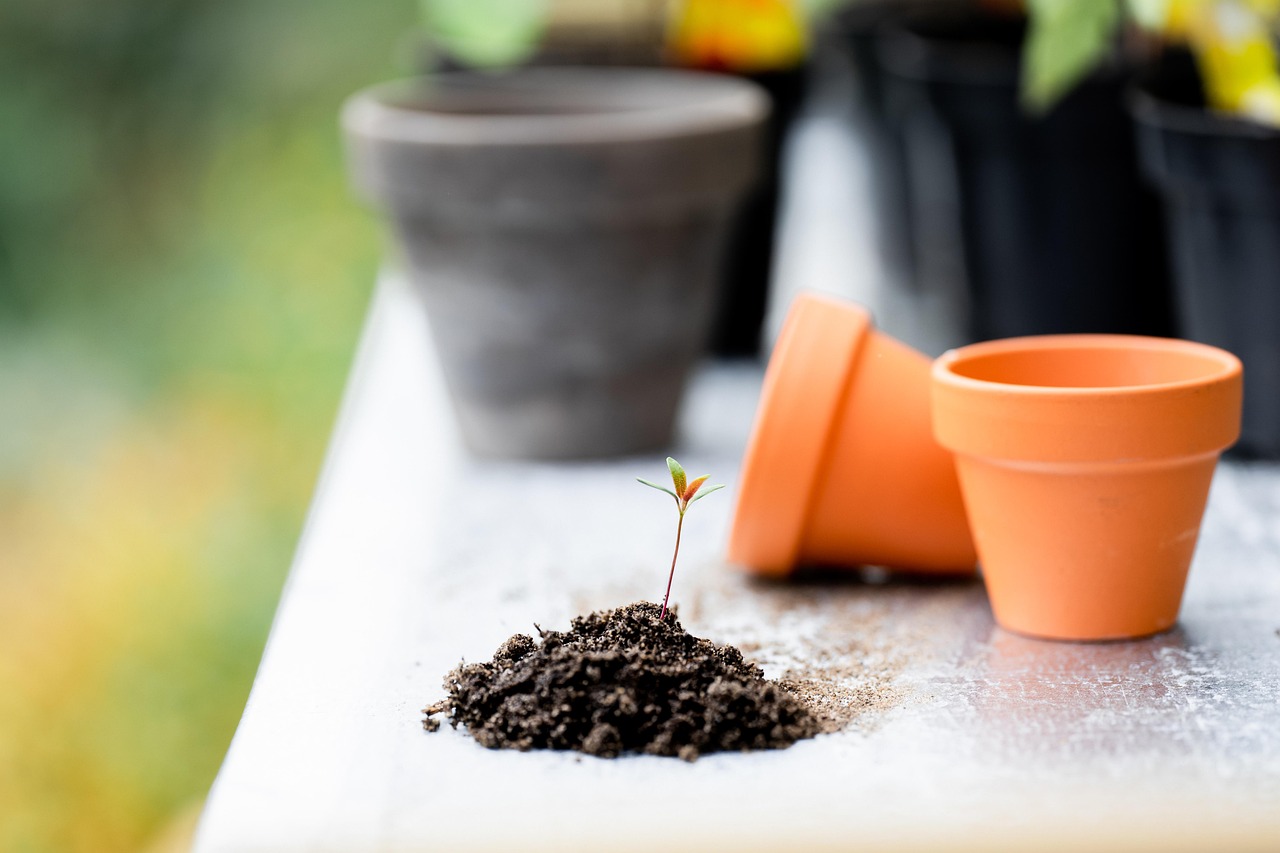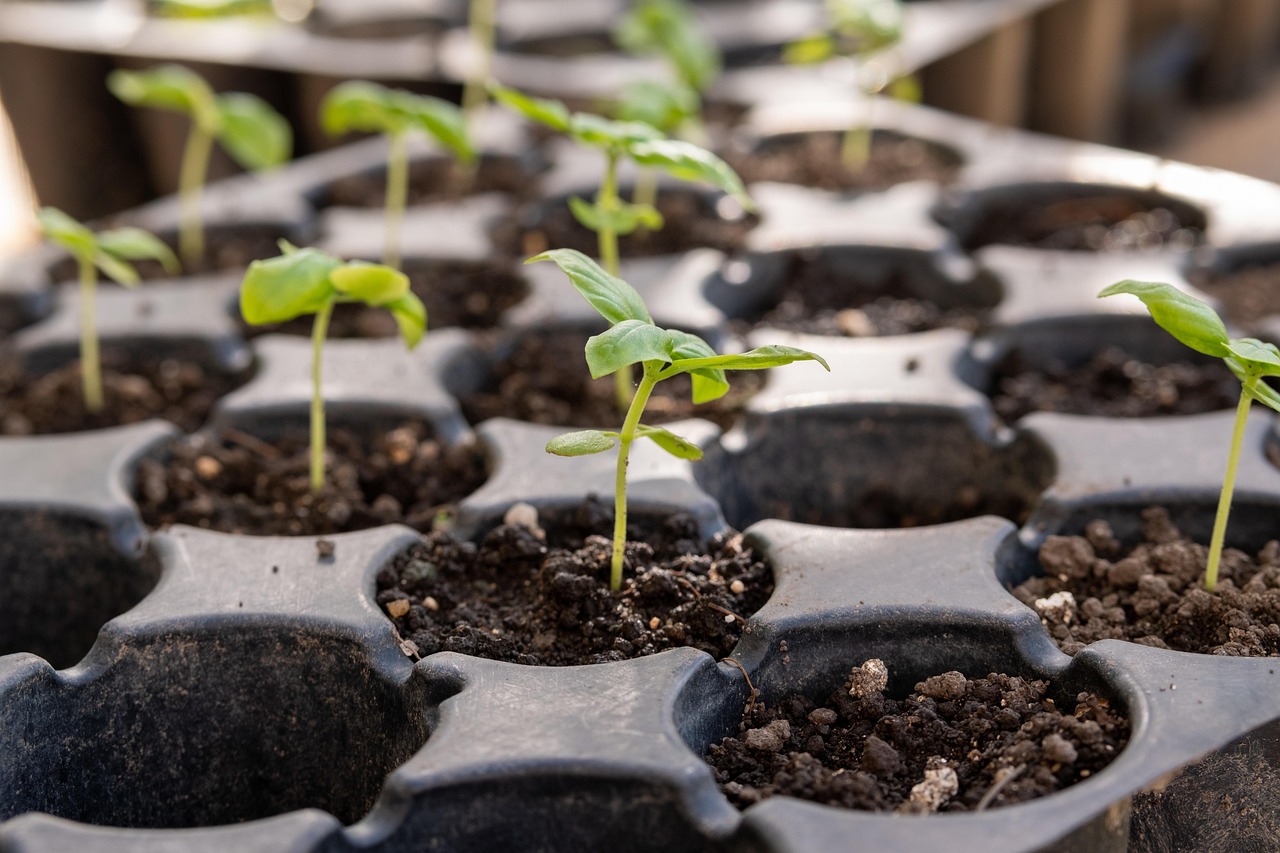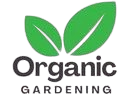Organic Seeds for Gardening
If you’ve ever wanted to grow your own garden the natural way, your journey begins with a small but powerful element — the seed. Organic seeds for gardening are essential for anyone looking to create a healthy, sustainable, and environmentally responsible garden. This in-depth guide will help you understand the benefits, where to find the best seeds in the USA, and how to successfully grow an organic garden from the ground up.
What Are Organic Seeds?
The Definition of Organic Seeds
Organic seeds are produced from plants grown according to certified organic farming practices. These practices prohibit synthetic fertilizers, pesticides, genetically modified organisms (GMOs), and chemical seed treatments. They emphasize soil health, biodiversity, and natural systems of pest and disease control.
How Organic Seeds Differ from Conventional Seeds
Unlike conventional seeds, organic seeds:
- Come from organically grown parent plants
- Are free of synthetic coatings
- Are never genetically engineered (always non-GMO)
- Often come from open-pollinated or heirloom varieties

Why Use Organic Seeds For Gardening?
Environmental Stewardship
Using organic seeds supports regenerative agriculture, helping to preserve soil quality and reduce environmental pollution. It also encourages seed diversity and promotes seed-saving traditions among home gardeners and small farmers.
Healthier Plants, Healthier Harvests
Organic seeds are typically more locally adapted and resilient. When planted in organic soil and cared for with natural methods, they produce stronger plants that are better equipped to resist diseases and pests.
Peace of Mind
When you grow from organic seeds, you know that your food starts from a chemical-free source. You avoid synthetic seed coatings, genetic modifications, and chemical exposure.
Types of Organic Seeds Available
Organic Vegetable Seeds
Some of the most popular vegetables grown from organic seeds include:
- Tomatoes: Roma, cherry, heirloom varieties
- Leafy Greens: Spinach, lettuce, kale
- Root Crops: Carrots, radishes, beets
- Peppers: Sweet bell and hot chili varieties
- Beans: Pole beans, bush beans
These seeds are perfect for raised beds, row gardens, or container gardening.
Organic Flower Seeds
- Sunflowers: Great for birds and bees
- Calendula: Edible and medicinal
- Zinnias: Colorful and low maintenance
- Cosmos: Ideal for wildflower gardens
Organic Herb Seeds
Growing herbs from organic seeds is ideal for indoor and outdoor gardens:
- Basil: Easy to grow, great in culinary dishes
- Thyme and Oregano: Perennial herbs with strong flavor
- Parsley: Cool-season favorite
- Chamomile: Use in teas and skincare products
Organic Fruit Seeds
While many fruits are propagated via cuttings or grafting, certain fruits can be grown from organic seeds:
- Watermelon
- Cantaloupe
- Tomatillos
- Strawberries (via runners, but seeds also available)
Top Organic Seeds For Gardening Companies in the USA
Seed Savers Exchange (Iowa)
Specializes in heirloom and open-pollinated organic seeds, preserving rare varieties passed down through generations.
High Mowing Organic Seeds (Vermont)
One of the only seed companies to sell 100% certified organic seeds. Known for reliability and germination quality.
Johnny’s Selected Seeds (Maine)
Provides organic and conventional options with clear labeling. Offers hybrid and open-pollinated types.
Baker Creek Heirloom Seeds (Missouri)
Focused on unique, rare, and heirloom seed varieties, many of which are organically produced.
True Leaf Market (Utah)
Known for microgreens, sprouts, and general garden seeds. Offers non-GMO and certified organic lines.

What to Look For on Organic Seeds For Gardening
USDA Organic Certification
The USDA Organic label ensures the seed was produced without:
- Synthetic chemicals
- GMOs
- Ionizing radiation
- Prohibited substances
Other Terms and Labels
- Non-GMO: Not genetically modified
- Heirloom: Traditional, open-pollinated varieties
- Open-Pollinated: Ideal for seed saving
- F1 Hybrid: Crossbred for vigor but not ideal for seed saving
- Pelleted Seeds: Coated for easier handling (ensure coating is organic)
Supplies You Need to Start Organic Seeds For Gardening
Essential Seed-Starting Supplies
- Seed trays or biodegradable pots
- Labels and waterproof markers
- Spray bottle for misting
- Grow lights or sunny windowsill
- Heating mat (for warmth-loving seeds)
Optional But Helpful Tools
- Humidity dome (retains moisture)
- Soil blocker (for plastic-free starts)
- Seedling fan (strengthens stems and prevents damping-off)
How to Start Seeds Indoors (Step-by-Step)
- Moisten soil mix before filling trays
- Plant seeds to the depth indicated on packet
- Cover and keep warm (65–75°F)
- Provide 12–16 hours of light daily
- Thin seedlings to avoid overcrowding
Pro Tip: Use a calendar to track germination dates and expected transplant timing.
When to Plant Organic Seeds For Gardening (By Region & Season)
USDA Plant Hardiness Zones
Know your USDA Zone to plan planting times:
- Zones 3–5: Short growing season, start seeds indoors early
- Zones 6–8: Long season, stagger plantings
- Zones 9–11: Mild winters, year-round gardening
Planting by Season
| Season | Ideal Organic Crops |
|---|---|
| Spring | Lettuce, peas, radishes |
| Summer | Tomatoes, squash, beans |
| Fall | Kale, beets, carrots |
| Winter | Garlic, spinach (in warmer zones) |

Growing with Organic Seeds For Gardening in Small Spaces
Urban and Balcony Gardening
For urban gardeners, organic seeds for container gardening offer a perfect solution:
- Use fabric pots or recycled containers
- Select compact or dwarf varieties
- Rotate crops and use vertical space
Top Organic Seeds for Container Gardens
- Bush beans
- Chili peppers
- Compact tomatoes
- Salad greens and herbs
Natural Pest Control for Organic Seeds For Gardening
Organic Solutions for Common Problems
- Neem oil spray (insect repellent)
- Floating row covers for protection
- Crop rotation to avoid soilborne pests
Attracting Beneficial Insects
- Ladybugs: Eat aphids
- Hoverflies: Pollinators and pest eaters
- Bees and butterflies: Support pollination
How to Save from Organic Seeds For Gardening
Benefits of Seed Saving
- Reduces seed costs
- Builds plant resilience over time
- Maintains genetic diversity
How to Save Seeds (By Type)
- Dry seeds (beans, peas): Dry fully before storing
- Self-pollinating plants (lettuce, peas): Easy to save seeds from
- Cross-pollinating plants (squash): May require isolation for true seed
Organic Seeds for Specialty Gardening
Organic Seeds For Gardening for Kids’ Gardens
Start children with fun and fast-growing crops:
- Sunflowers
- Snap peas
- Cherry tomatoes
- Pumpkins
Organic Seeds for Pollinator Gardens
Boost biodiversity with:
- Milkweed (for monarchs)
- Lavender
- Coneflower (Echinacea)
- Bee balm
Additional Gardening Tips
- Test soil before planting
- Compost kitchen waste for natural nutrients
- Mulch around seedlings to retain moisture
- Label your seed trays carefully
Frequently Asked Questions
Can I use organic seeds in a non-organic garden?
Yes, but you won’t get the full benefits of organic gardening unless you also avoid synthetic chemicals.
Are all organic seeds heirloom?
No. While many are, some are hybrids or open-pollinated but still produced under certified organic standards.
Can I trust organic seed labels?
Yes, especially when sourced from certified companies. Look for USDA Organic certification and Non-GMO labels.
Final Thoughts: Grow with Confidence Using Organic Seeds For Gardening
Growing your garden with organic seeds is more than a trend — it’s a conscious decision to support a healthier planet, safer food, and sustainable gardening practices. Whether you’re cultivating a balcony herb garden or a backyard vegetable oasis, using organic seeds lays the foundation for chemical-free, eco-friendly growth.
From understanding seed types to mastering the art of indoor seed starting, this guide gives you everything you need to succeed. So go ahead — plant with purpose, nurture with love, and harvest with pride.
